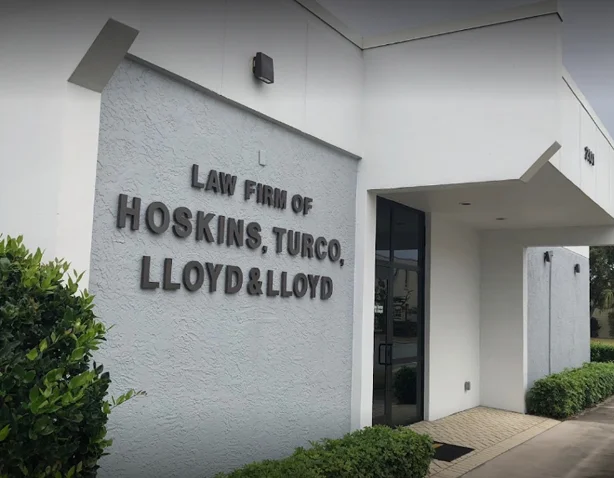Have you ever wondered how a hurricane could affect your car accident claim? In Florida, hurricane season is a fact
Car Accident Posted on Sep 19, 2024
Florida is a no-fault state, but that doesn’t mean negligent parties can’t be held responsible. Find out how to determine fault in a car accident in Florida.
If you’re involved or injured in a car accident in Florida, one of the most important things to determine is who is at fault. This will have a huge impact on your insurance claim, the legal proceedings, and your ability to pursue compensation. However, determining who is at fault in a car accident in Florida is not always straightforward—especially if the other driver denies responsibility. Even worse, the other driver’s insurance company may try to blame you for the car accident to avoid paying for damages.
If you’re currently in this situation, you should contact an experienced Florida car accident attorney for a free consultation. They will help you understand your rights, investigate your case, gather evidence, and establish fault on the appropriate parties. They will also deal with the insurance company and fight to ensure you get full and fair compensation. Don’t way though. The sooner you contact an attorney and get legal representation, the better your chances of getting the outcome you want.
Continue reading to learn how insurance companies, the courts, and lawyers determine fault in car accidents in Florida.
Florida is a “no-fault” state. In most cases, this means that after a car accident, you will go through your own insurance first to cover property damage, medical expenses, and other related costs up to a certain point. You use your insurance first regardless of who caused the accident. Florida’s no-fault system is designed to help reduce the need for litigation and to provide quick pay-outs for claims. However, that’s not always the case and another reason why you should contact an experienced Florida car accident attorney.
Here are a few other factors to consider:
As of March 2023, Florida follows a modified comparative negligence rule. This rule states that if you are partially at fault for an accident, your ability to recover damages is reduced by your percentage of fault. So, if you are found to be 20% at fault for an accident, say you were speeding and another car ran a yellow light and hit you, then your damages may be reduced by 20%. However, you cannot recover any damages if you are found to be more than 51% at fault for the accident.

Even though Florida is a no-fault state, determining who is at fault in a car accident is very important—especially under Florida’s new modified comparative negligence rule. While every case is different, here are the key factors considered to help determine fault in a car accident in Florida.
Call 866-930-6435 to speak with one of our accident attorneys now
Determining fault in a car accident in Florida is not always easy, but that’s where we can help. As one of Florida’s most trusted law firms, Hoskins, Turco, Lloyd & Lloyd has helped tens of thousands of accident victims get the justice and compensation they deserve. We have over four decades of experience and have secured more than $500 million in settlements and verdicts for our clients. We have the expertise and resources to investigate car accidents and we will go head-to-head with insurance companies, never backing down until you get what you deserve.
Don’t face this battle alone—speak with one of our Florida accident attorneys today. Call 866-930-6435 now for a free consultation.
Have you ever wondered how a hurricane could affect your car accident claim? In Florida, hurricane season is a fact
If you’ve ever been stuck waiting on the side of the road after a minor crash, you know how frustrating—and
Rollover accidents are rare—but when they happen, the results are almost always devastating. According to the National Highway Traffic Safety

Phone: (772) 344-7770
Fax: (772) 344-3838

Phone: (772) 464-4600
Fax: (772) 465-4747

Phone: (772) 577-7551
Fax: (772) 794-7773

Phone: (863) 357-5800
Fax: (863) 763-2237
As the law firm Florida has trusted for over 40 years to fight on their behalf, we are more than ready to represent you. Put our experience and reputation to work. If you need help with any legal matter, whether it’s a personal injury, workers’ compensation, disability or bankruptcy case, contact us now. The consultation is absolutely free.
Get the answers you need. We’ll review your case today, for free.
"*" indicates required fields